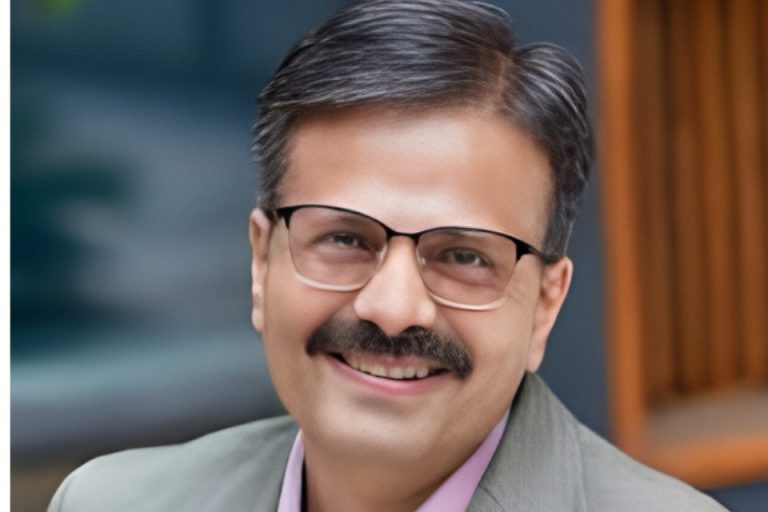The United Nation (UN) human rights experts, comprising a group of UN Special Procedures mandate holders, have urged States Parties to the United Nations Convention against Corruption (UNCAC) to take concrete measures at the forthcoming 11th Conference of States Parties (CoSP) to safeguard and strengthen civic space, stressing that meaningful civil society participation is essential to the transparency, accountability, and effectiveness of anti-corruption efforts, both nationally and within UNCAC processes.
The experts noted that corruption is not only a governance challenge but also a structural threat to human rights, saying it undermines public trust, destabilises institutions, and obstructs progress in critical areas such as education, health, environmental protection, and access to justice. Ensuring civic freedoms and integrating civil society perspectives into anti-corruption strategies, they argued, will strengthen both the UNCAC framework and human rights protections globally.
They further warned that across multiple regions, civil society actors, journalists, whistleblowers, and human rights defenders continue to face reprisals for exposing corruption, often under the pretext of national security or counterterrorism laws. Such practices, they stressed, contradict Article 13 of the Convention, which recognises the vital role of civil society, and risk weakening both civic space and the effectiveness of anti-corruption measures.
The joint statement was delivered by mandate holders under the UN Human Rights Council’s Special Procedures, including: the Special Rapporteur on the rights to freedom of peaceful assembly and of association; the Independent Expert on the promotion of a democratic and equitable international order; the Special Rapporteur on hazardous substances and human rights; the Special Rapporteur on the right to education; the Working Group on discrimination against women and girls; the Independent Expert on human rights and international solidarity; the Special Rapporteur on the situation of human rights defenders; the Special Rapporteur on the right to development; the Special Rapporteur on the right to a clean, healthy and sustainable environment; and the Special Rapporteur on freedom of expression and opinion.
The experts collectively urged State Parties to adopt reforms that enhance the transparency and inclusiveness of the UNCAC review mechanism, formalise civil society participation in its processes, and align anti-corruption measures with international human rights standards. They stressed the need for safe and enabling environments for civil society, including legal protections for journalists and activists, stronger access to information frameworks, and effective early-warning and protection mechanisms for those facing reprisals.
The experts cautioned that corruption obstructs progress on climate and environmental justice, development, education, health, water and sanitation, and judicial independence, while also undermining protections for human rights defenders, Indigenous Peoples, women and girls, and marginalized groups. They emphasised that when anti-corruption processes exclude or restrict civil society, the legitimacy and effectiveness of these efforts are gravely weakened.
Reaffirming States’ obligations under Article 13 of the Convention and international human rights law, the experts called on governments to embed civil society leadership into national monitoring and reform efforts, provide long-term and flexible funding to strengthen NGOs’ resilience, and launch formal consultations to ensure civic engagement becomes a norm rather than an exception in UNCAC processes.
At the international level, they urged State Parties to take decisive steps at the 11th CoSP, including reforming the Implementation Review Mechanism (IRM) to make it more effective, transparent, and inclusive; granting NGOs observer status in UNCAC subsidiary bodies; establishing a global monitoring mechanism to track reprisals; and strengthening collaboration between the Human Rights Council and UNCAC bodies.
The experts warned that “Failure to act risks accelerating the erosion of civic space, weakening anti-corruption efforts, and undermining the enjoyment of human rights globally.” Looking ahead to the next UNCAC CoSP in Doha, they pressed governments to demonstrate genuine political will through concrete action. “This is not only about upholding the spirit and commitments of the Convention,” they said, “but about ensuring that the fight against corruption goes hand in hand with the protection and promotion of human rights.”





